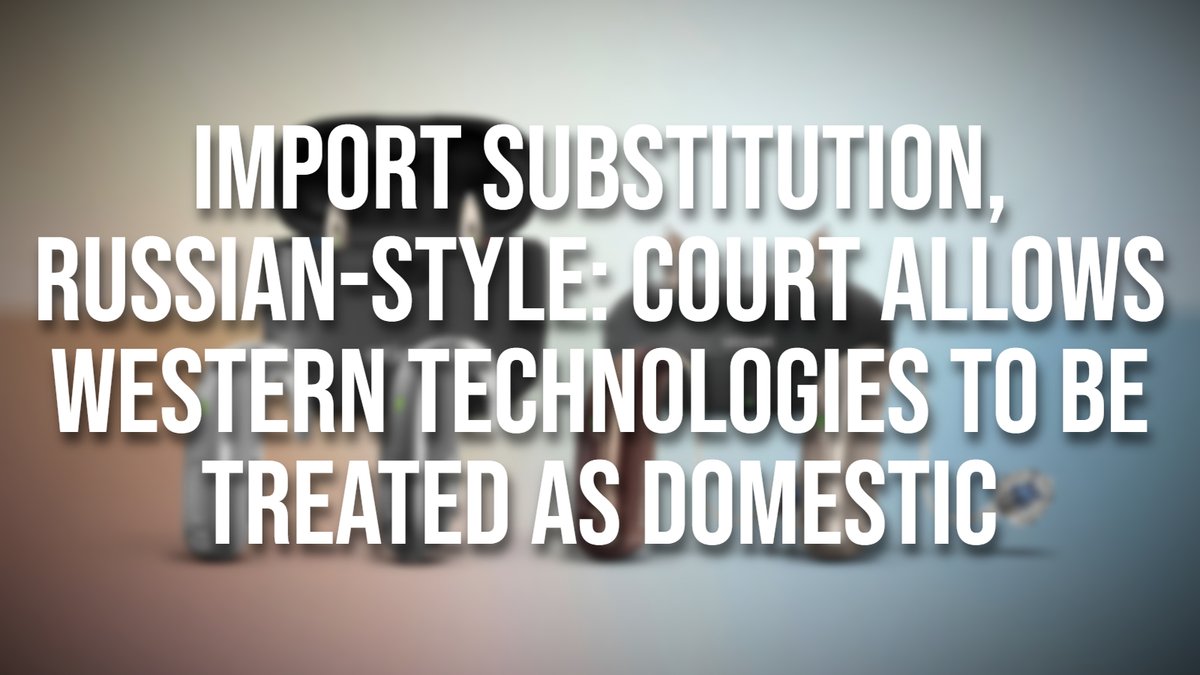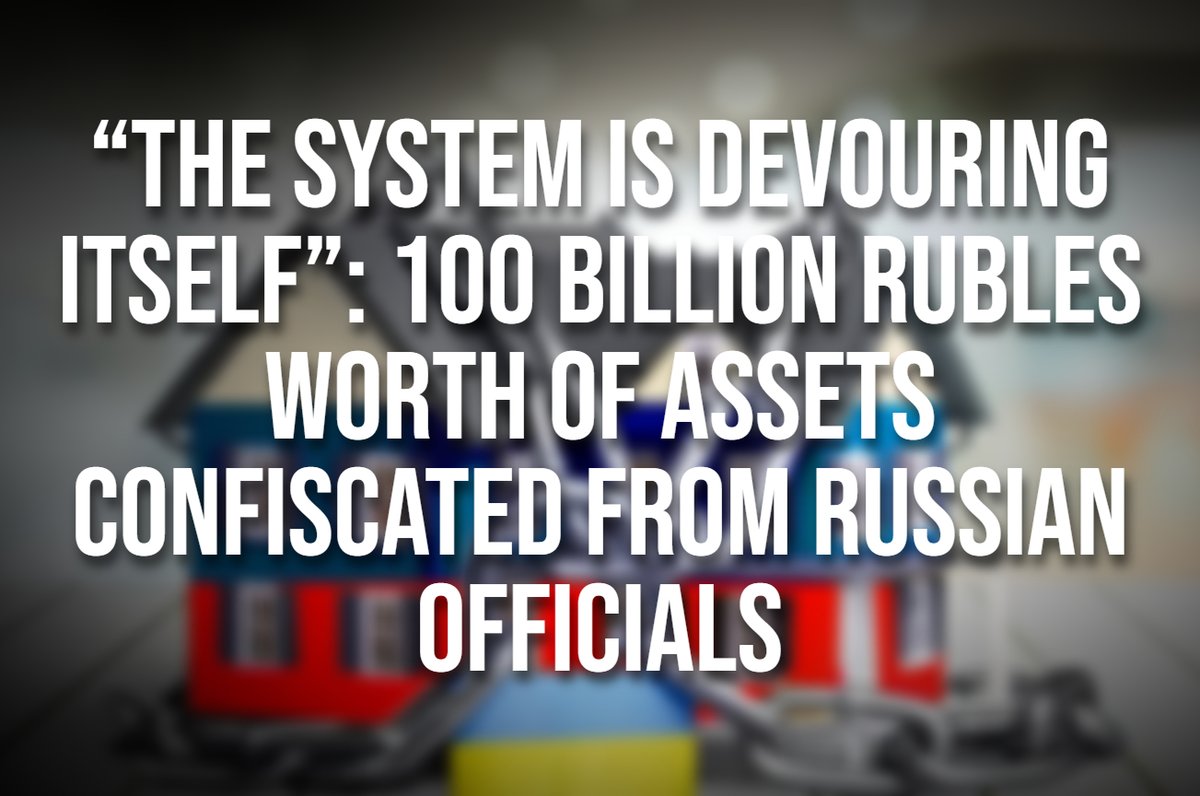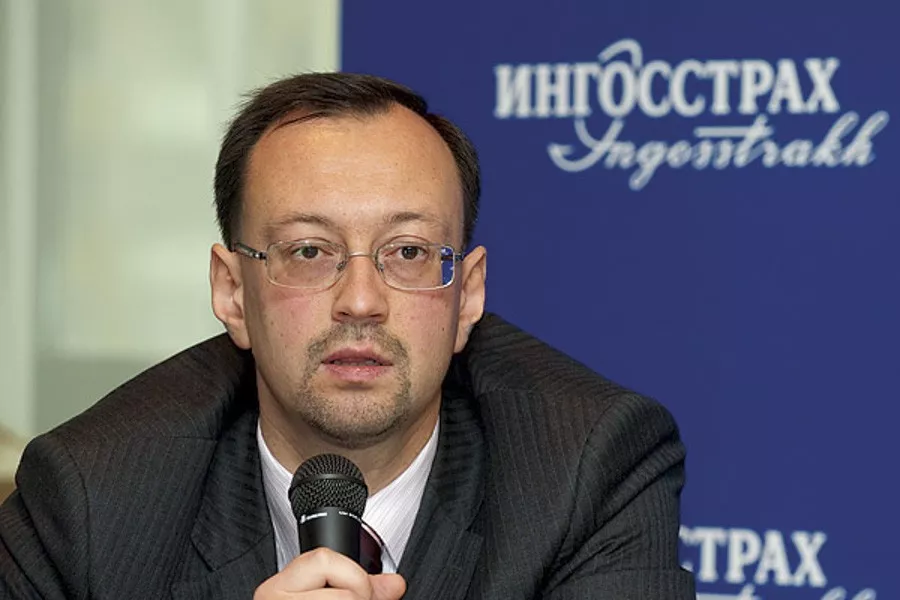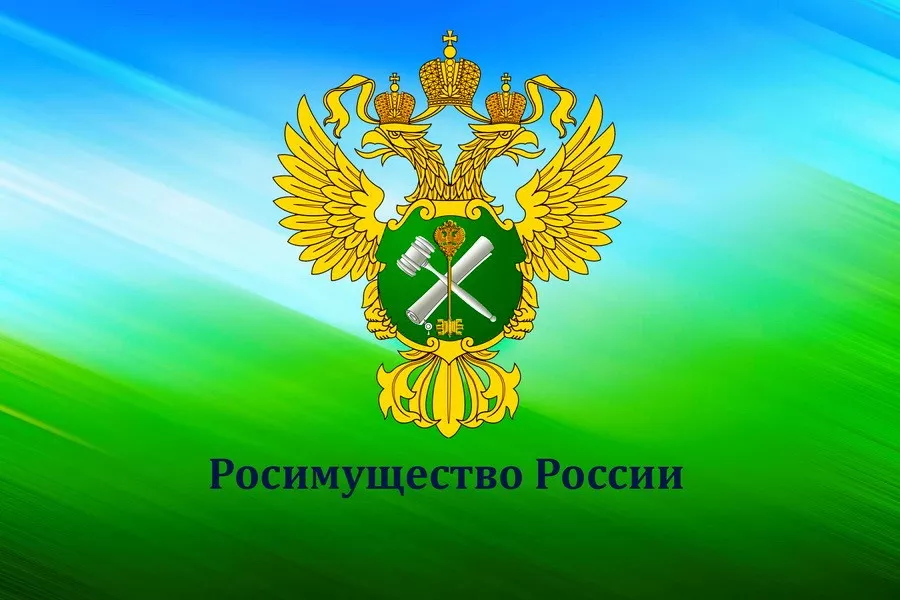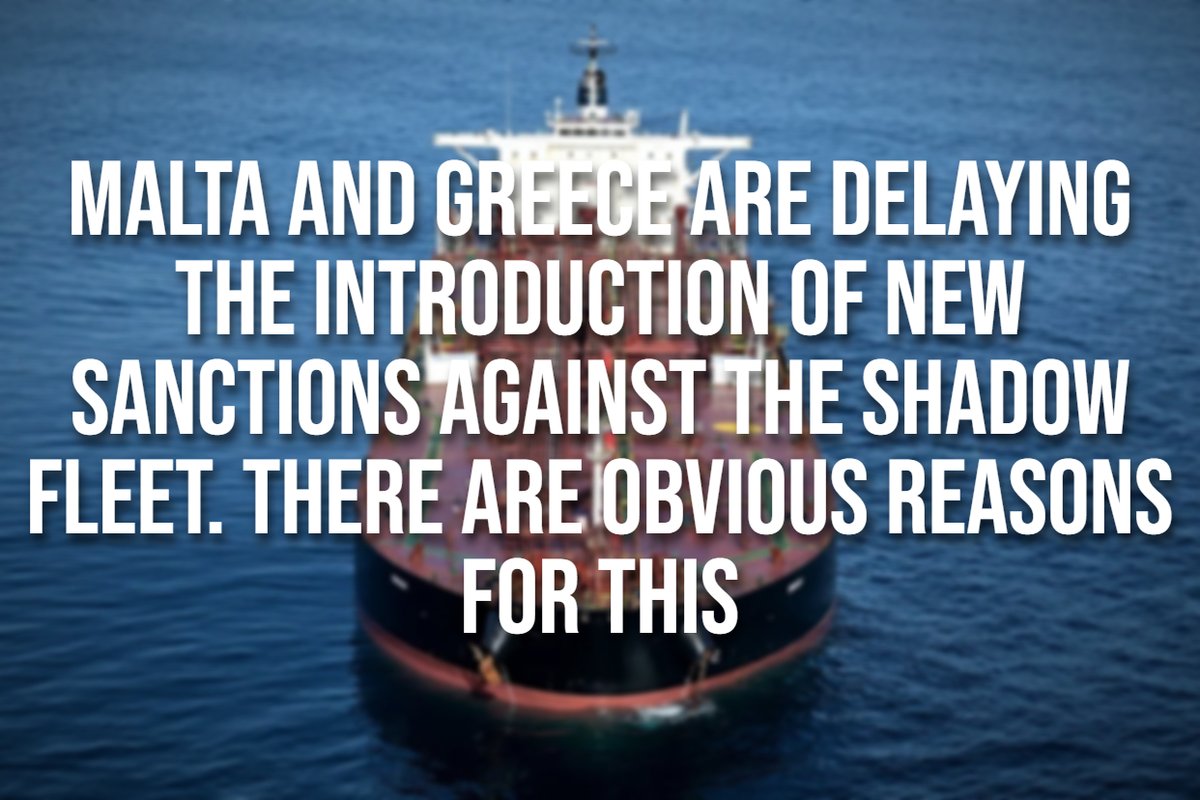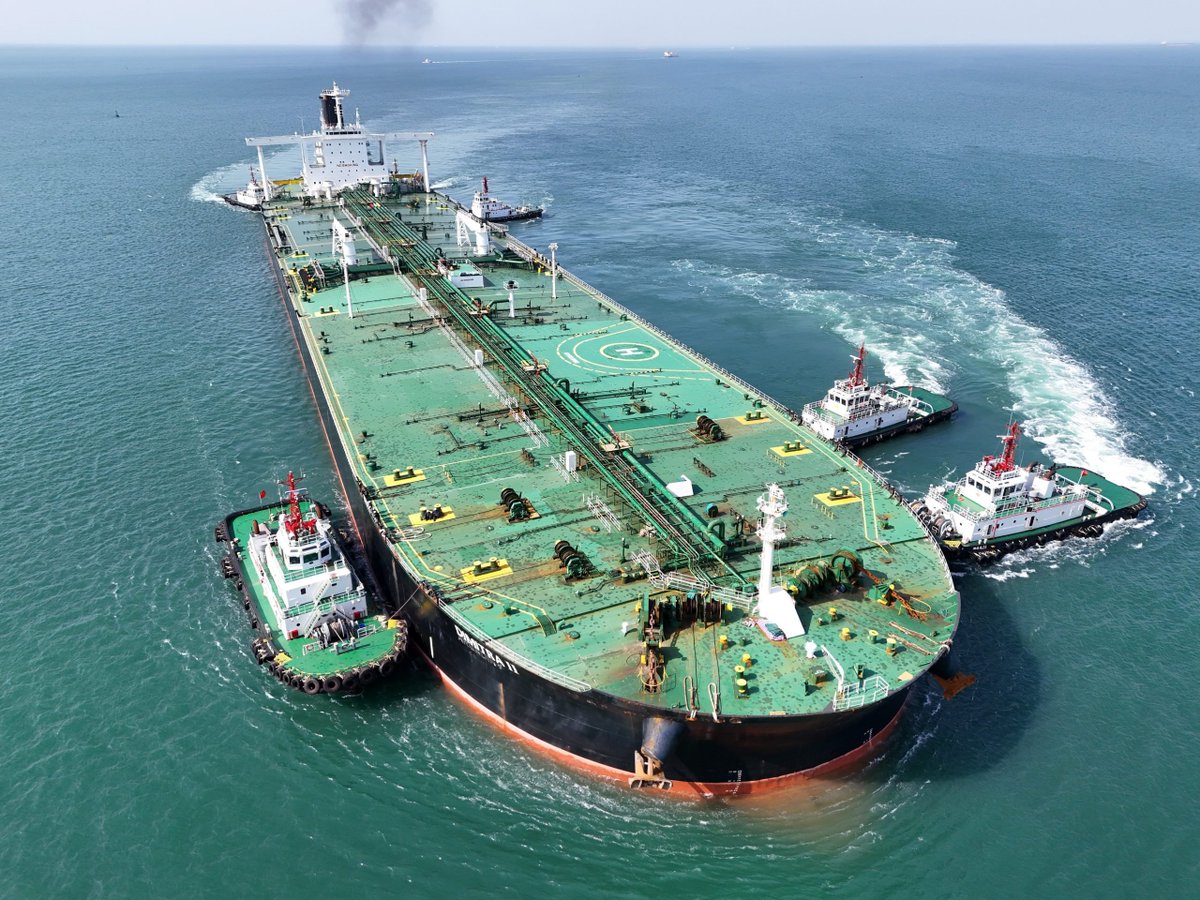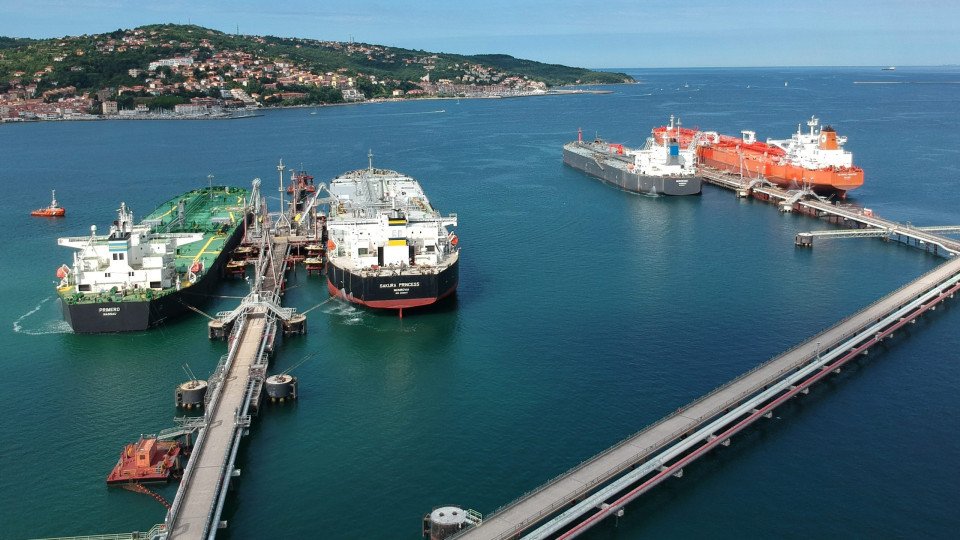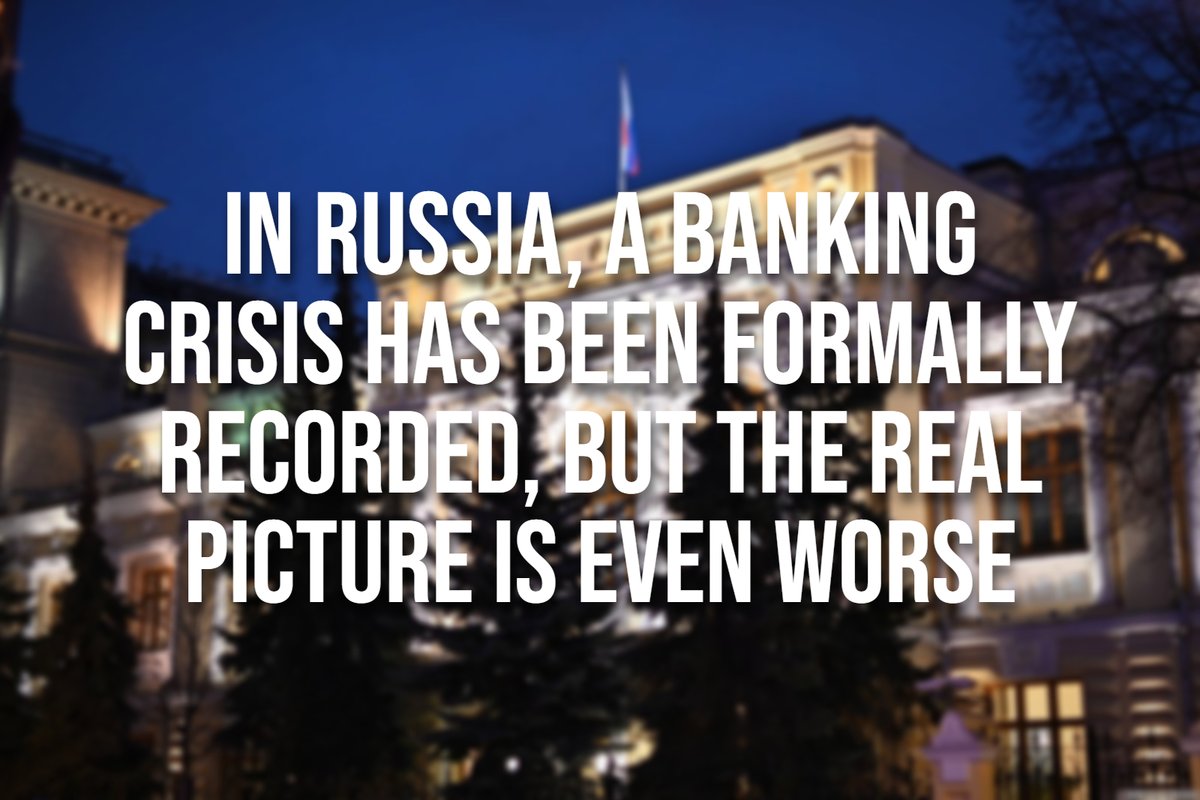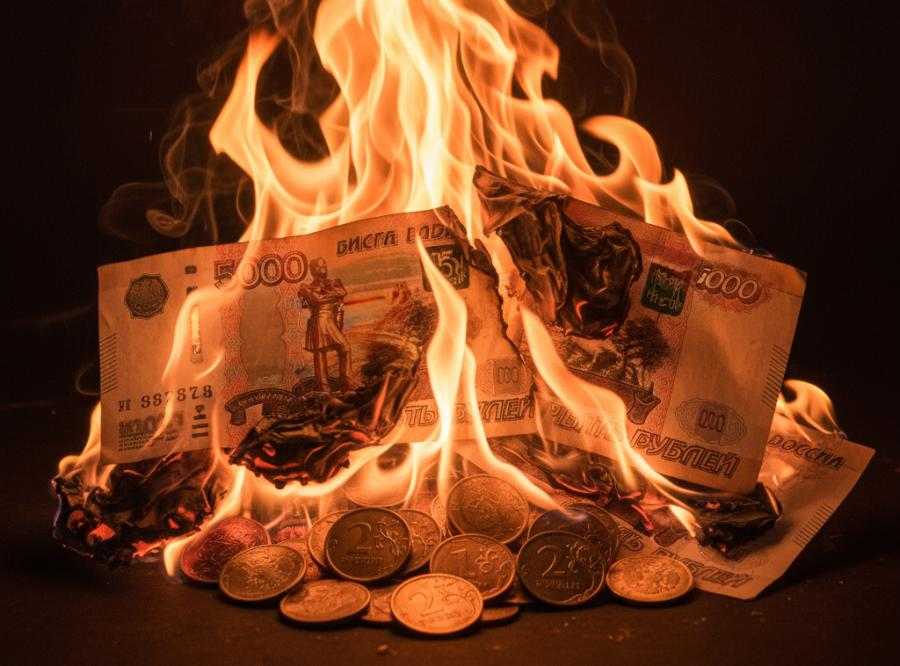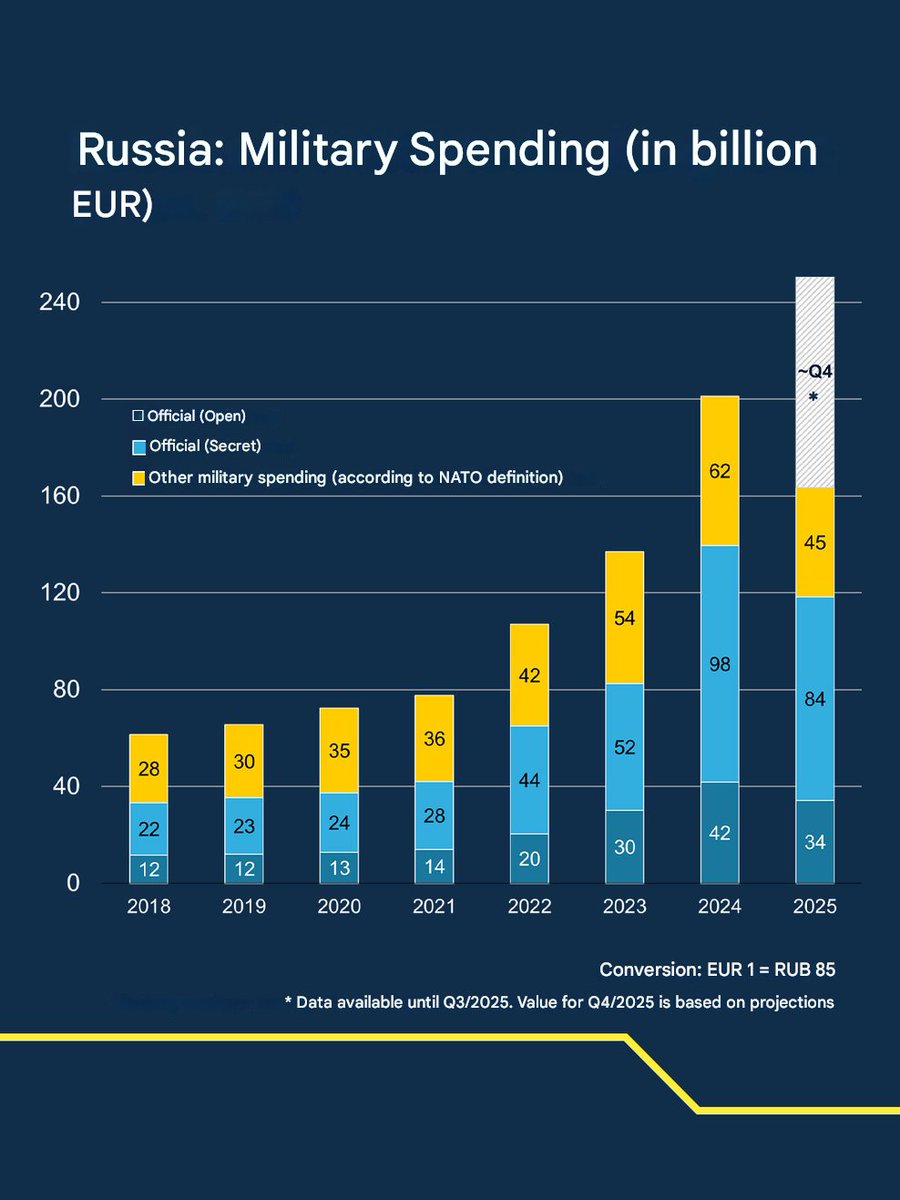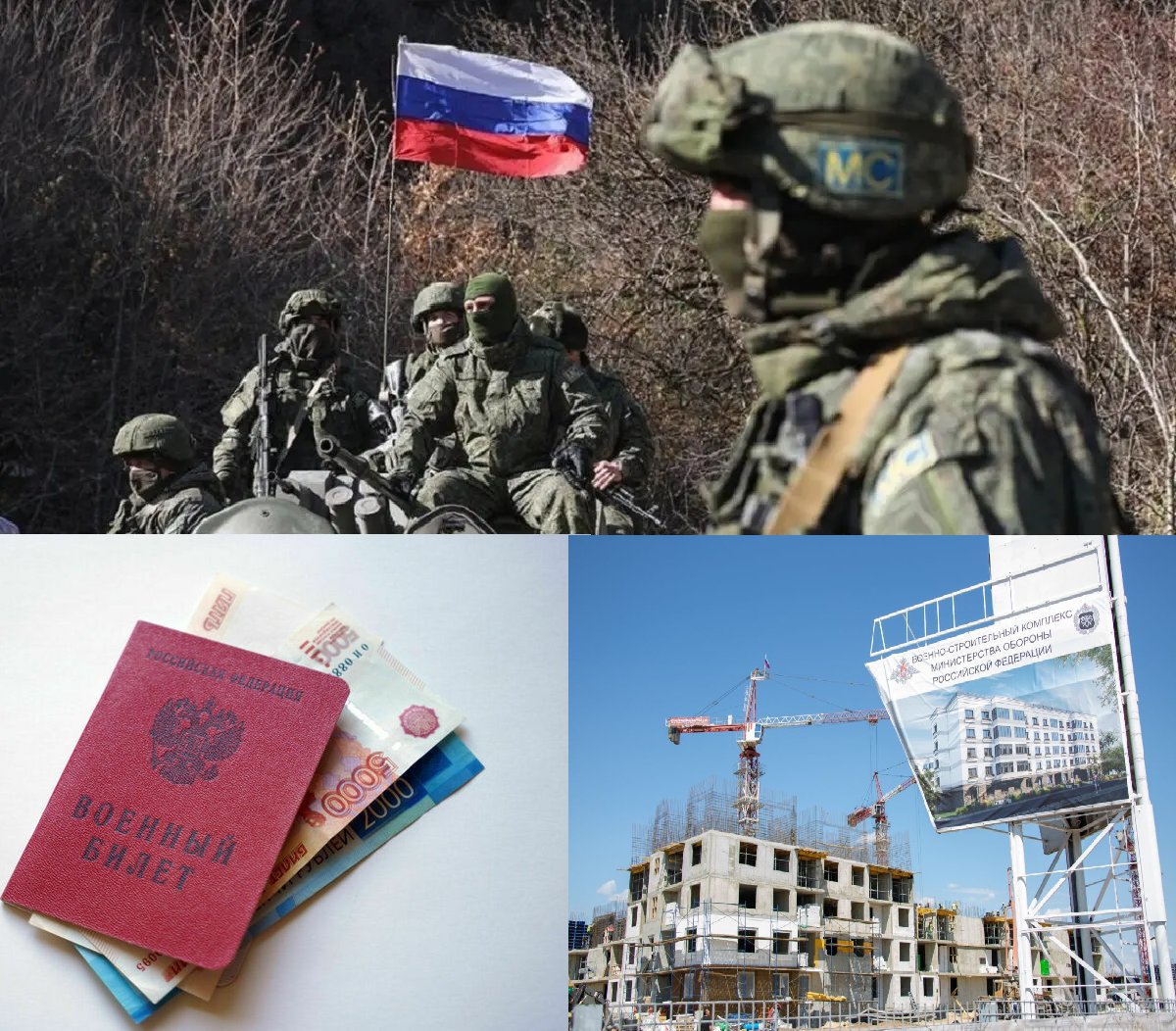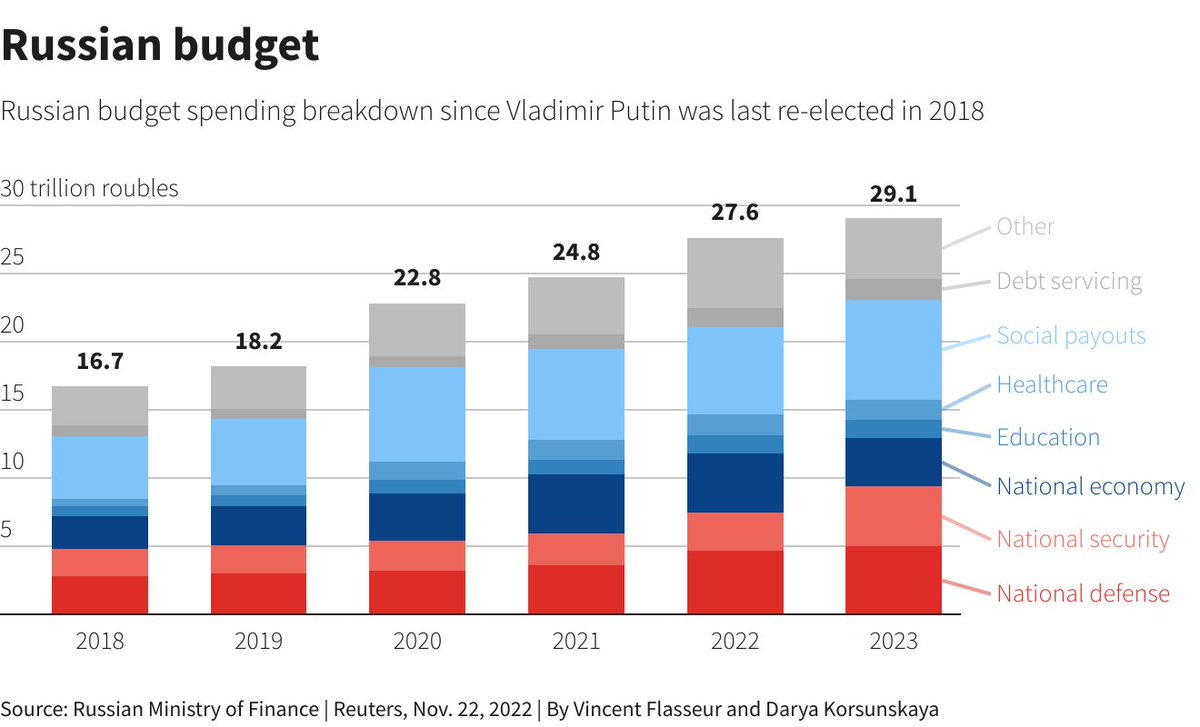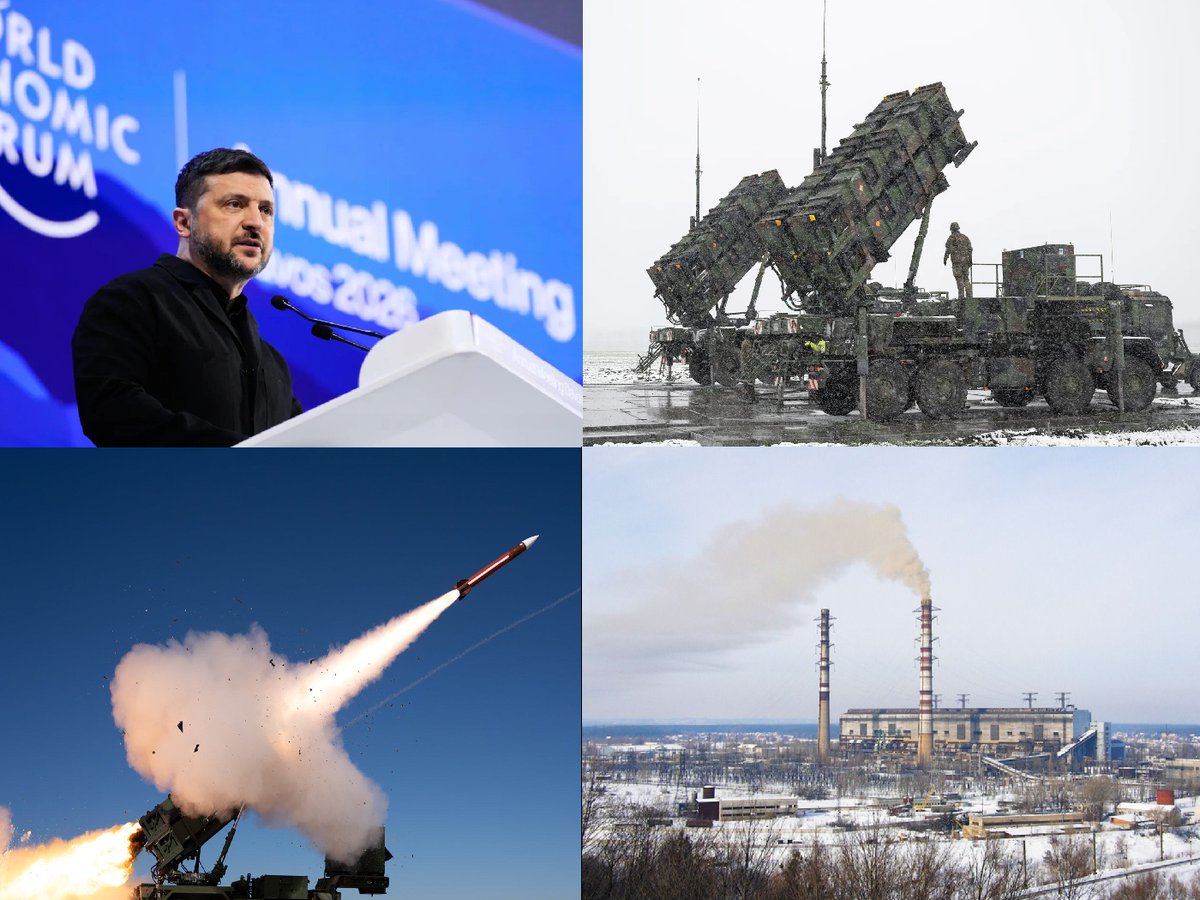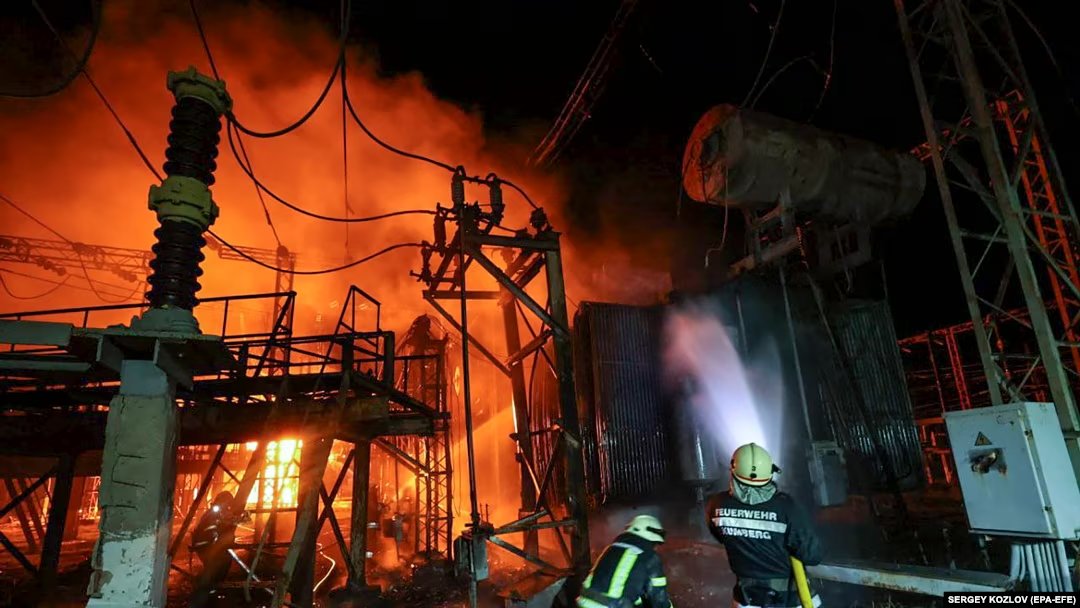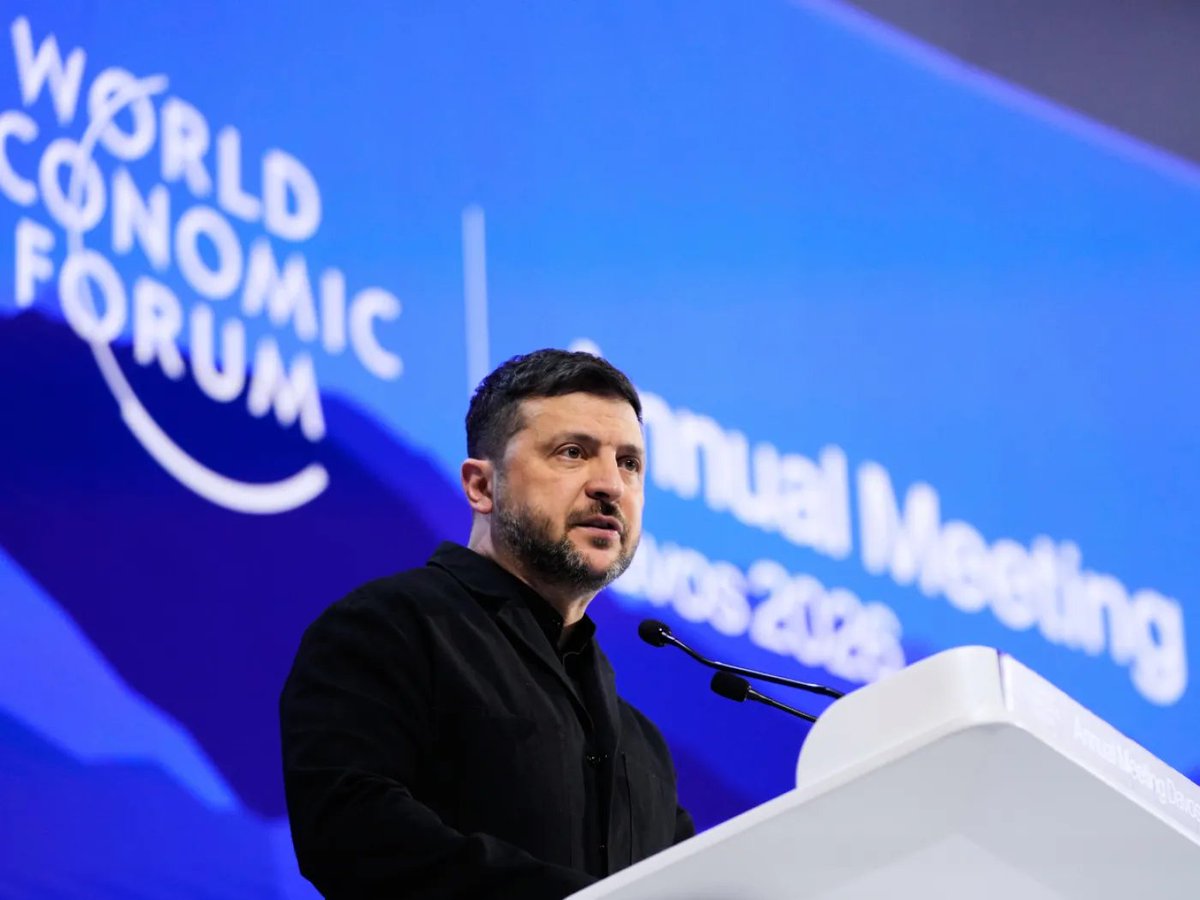What will change with the arrival of the F-16 in Ukraine? This fighter made its first flight in 1974, entered service in 1978. It cannot be called the most modern fighter, but there are many modifications and it is very versatile, due to which it has
1/10
🧵by @iljaandreev
1/10
🧵by @iljaandreev

become the most widespread fighter of the 4th generation. Ukraine will not receive the latest modifications, but it will still be a big step forward compared to the Soviet Su and MiG fighters that they use. These fighters are inferior to Russian ones because they are not the
2/10
2/10

latest modifications of these models that the Russian Air Force has. In addition, by 2024, Ukraine will have only about 75 airworthy fighters left. The arrival of the F-16 will strengthen the Ukrainian Air Force, which it so needs now. It was precisely the advantage in the
3/10
3/10

air that largely allowed Russia to advance in Avdiivka and in the Kharkiv direction. But now the advance of the Russian army has been stopped. It lacks resources, and what it has, it uses in meat assaults. The main thing is that with the F-16, Ukrainian pilots will now be
4/10
4/10

able to use the capabilities of the modern missiles already delivered to the fullest. Such as HARM. These missiles were developed for use on modern platforms. The missile is guided to the enemy's radar signal, be it air defense or an aircraft with a radar. These missiles
5/10
5/10

were adapted to old Soviet aircraft, but their effectiveness was limited due to the lack of suitable radars on them and the impossibility of using all modes. Only the so-called "Pre-Briefed" mode is available. The missiles were programmed for the target in advance and
6/10
6/10

launched from a long distance, which gave the Russians time to turn off the radars if they noticed the missile. The F-16 will have the "Self-Protect" and "Target of Opportunity" modes available, for which they were developed. The F-16 will allow it to approach the target
7/10
7/10

at a closer distance without the risk of being shot down and to be guided to the target using the aircraft's radar, after which the launched missile is guided based on the data received from the aircraft, and even if the Russians turn off their radar, the missile will reach
8/10
8/10

the target. The F-16 is inferior in speed to the Su-35, but the Su is much larger in size and is clearly visible on the radar. The F-16 is not a super weapon, but Russia's fighters are not the most modern either.
9/10
9/10

Together with the Airborne Surveillance and Control aircraft (ASC 890), which Sweden will transfer to Ukraine, this will be a serious blow to the Russian air defense and air force.
10/10
10/10

• • •
Missing some Tweet in this thread? You can try to
force a refresh


